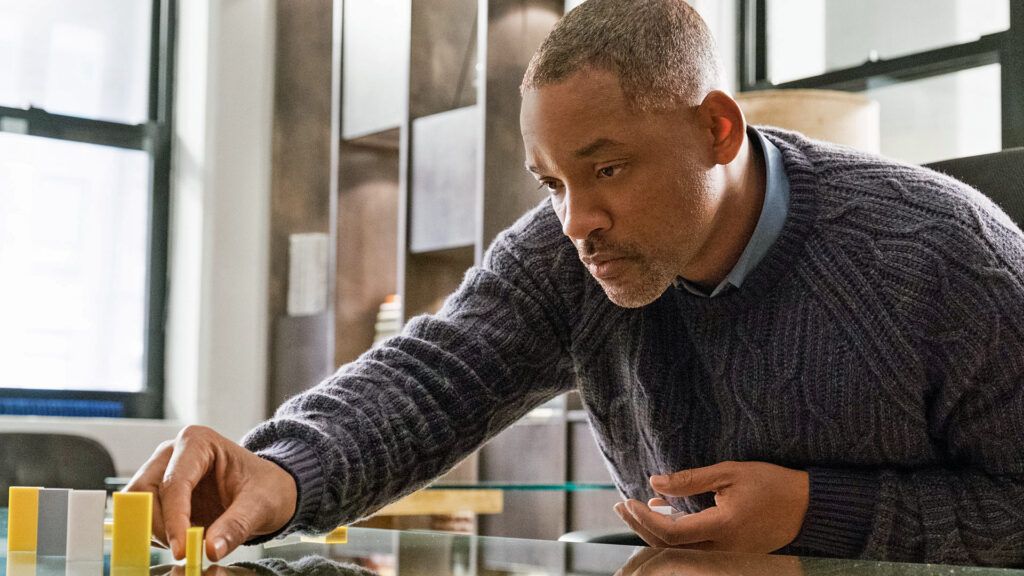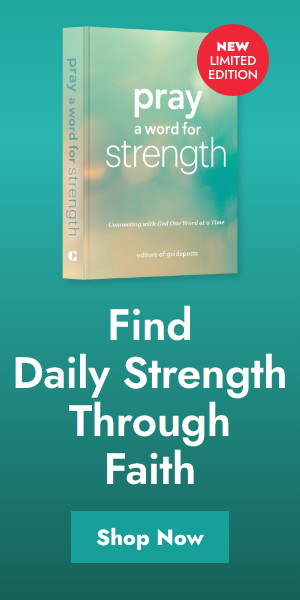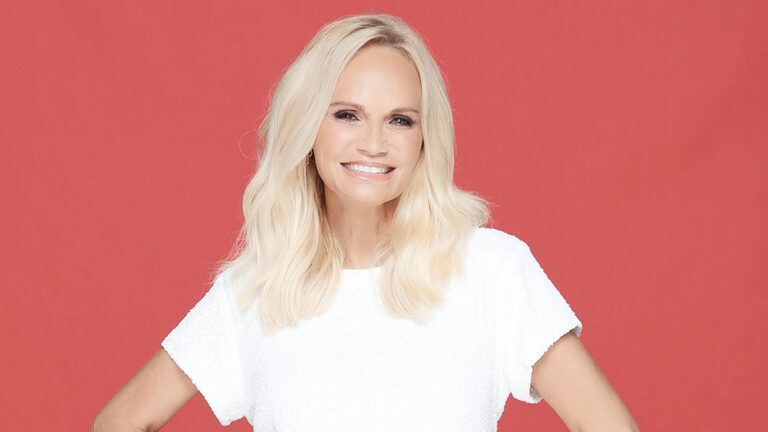At the end of a recent screening of Collateral Beauty – the new Will Smith film about a father grieving the loss of his daughter and grappling with the concepts of love, death and time – the primary response from the audience wasn’t clapping, but sniffling.
In other words, there were tears. Lots of tears.
“Great!” the film’s writer and producer Allan Loeb says when he hears of this response. “That’s what we’re after. A little laughter, some crying and some human emotion. I think [those] are healthy things when we go to see [movies].”
In the emotional film that opens nationwide on December 16, Smith’s character Howard deals with his young daughter’s death by shutting out those closest to him (three friends, played by Edward Norton, Kate Winslet and Michael Pena). Howard owns his own ad agency but the decisions he makes in his grief cause his company to flounder. Howard writes letters to Death, Love and Time (played by Helen Mirren, Keira Knightley and Jacob Latimore) as he works to heal from the loss.
For Loeb, the idea for the film came five years ago. It kept pestering him until he finally wrote it down.
“When I went off to write it, I didn’t really tell anyone,” he explains. “I didn’t pitch it. I didn’t want to sell it to Hollywood. I just wanted to write it and see what I had.”
He chose to personify time, love and death because of how universal those concepts are.
“They’re the stars of all of our lives,” Loeb says. “You’re going to be hard pressed to find someone who isn’t grappling with time, love or death. Whether they want to live longer, whether they’re having problems in their marriage or whether they’re afraid to die. Those three, in my opinion, godfather over everything else. Any problem someone’s dealing with I believe can be traced to one of those three.”
He thinks the film can serve as a lesson on grief and moving forward after loss.
“You can’t put a timeframe on grief,” Loeb says.
Loeb didn’t expect the film to ever land at a studio because, as he frankly puts, not many people want to see stories of middle-aged men grieving the loss of a child.
“[At the time] I thought that was a very courageous choice because it’ll probably be the reason the movie never gets made,” Loeb says. “Thankfully I was wrong with that assumption. But I wanted to take that risk. I didn’t feel that another type of tragedy would encapsulate his grief in the beginning enough. For someone to not engage, to play dominos and write letters to the universe, [he] needs to have gone through something worse than a parking ticket. I wanted to fall on the sword for that choice.”
Loeb also hopes people will welcome the story – it’s one he thinks isn’t told often.
“In this day and age, it’s a lot of franchises and things blowing up, which is great, but it’s very hard now to make this kind of movie,” Loeb says. “Hopefully there’s an appreciation for this type of storytelling.”





